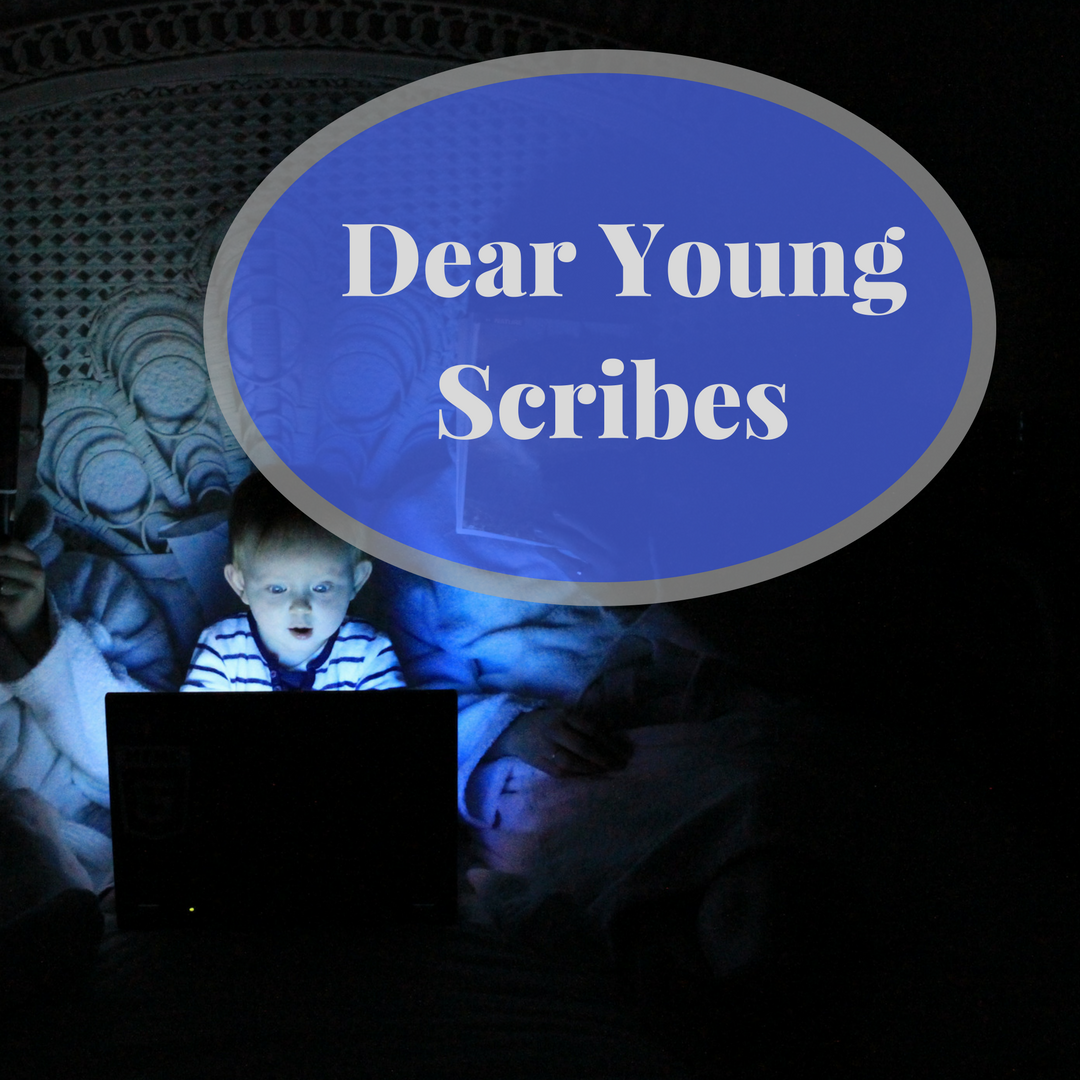
Guest Posts
Why Should I Market An Unpublished Book?
“Lisa, everyone is asking me when they can buy a copy of the book.” I looked at my friend…
September 15, 2018
“Lisa, everyone is asking me when they can buy a copy of the book.” I looked at my friend…
September 15, 2018
Editors are searching for good writing and submissions. How do they find it? Several years ago I asked another…
August 25, 2018
Marketing isn’t exactly an author’s favorite job. After all, aren’t writers supposed to keep producing books and rely on…
March 9, 2018
A good cover letter is like an intriguing door, it invites the agent or publisher into your proposal. The publisher…
February 25, 2018
Agenting is a lot like being the matchmaker in Fiddler on the Roof. We have the job of searching…
July 23, 2015